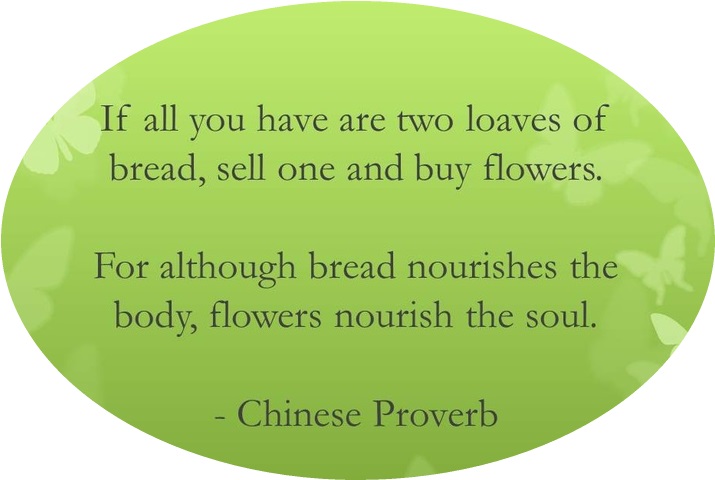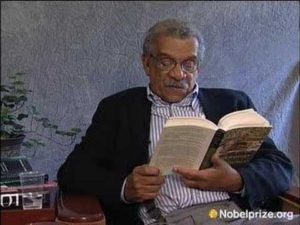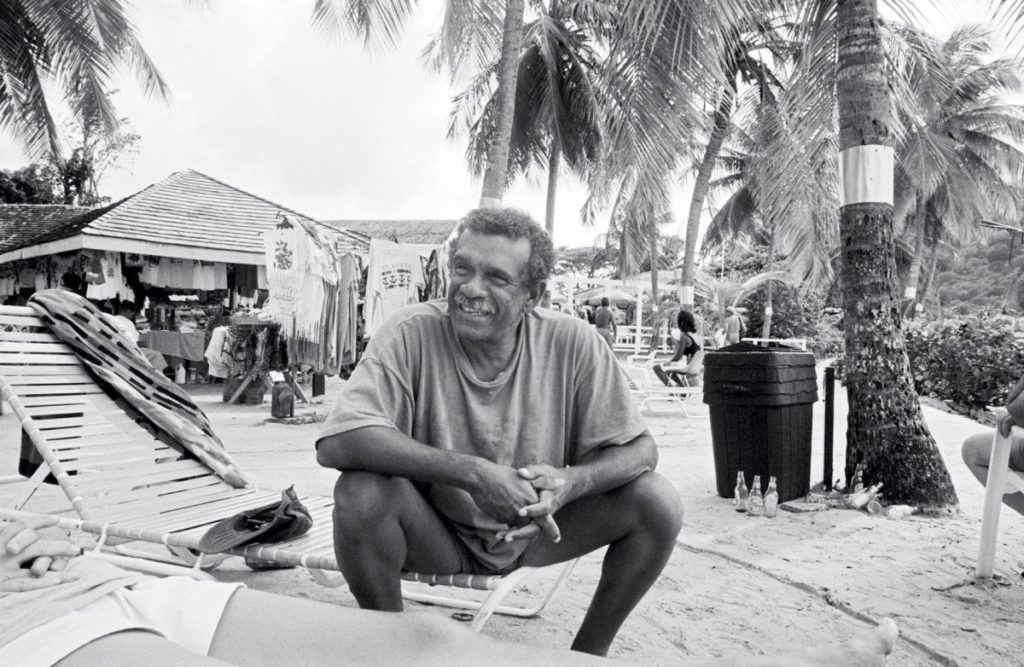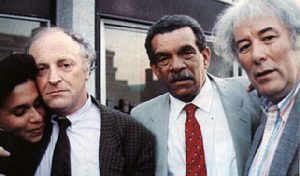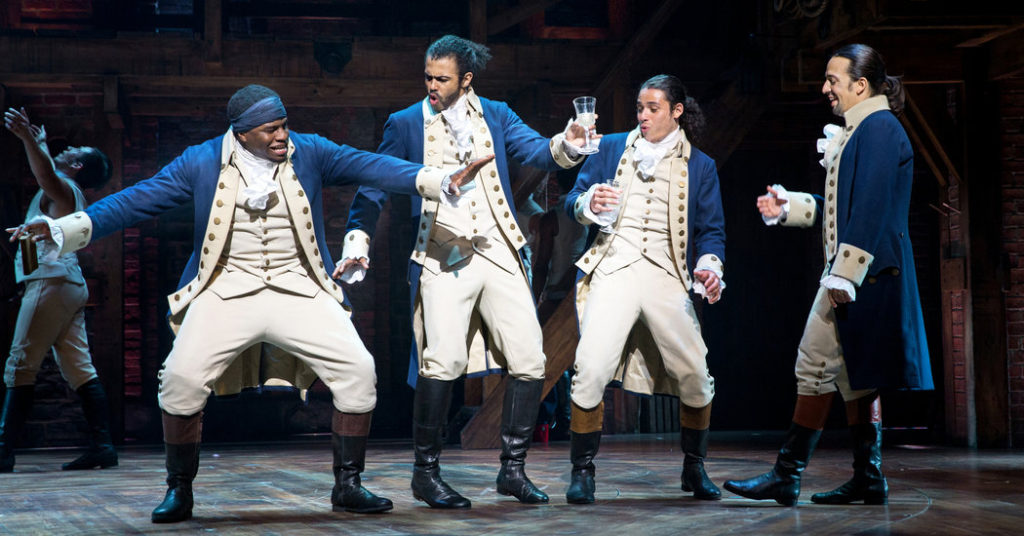As an avid writer and reader of historical romances, I’m attracted to today’s Thoroughly Depressing Word, shared by BK Magazine (the blog of publisher Berrett-Koehler) from the Dictionary of Obscure Sorrows:
 Avenoir (noun)*: The desire that memory could flow backward. We take it for granted that life moves forward. But you move as a rower moves, facing backwards: you can see where you’ve been, but not where you’re going. And your boat is steered by a younger version of you. It’s hard not to wonder what life would be like facing the other way…
Avenoir (noun)*: The desire that memory could flow backward. We take it for granted that life moves forward. But you move as a rower moves, facing backwards: you can see where you’ve been, but not where you’re going. And your boat is steered by a younger version of you. It’s hard not to wonder what life would be like facing the other way…
I once blurted out a moment of avenoir to a man I loved: How ironic that when an affair ends badly (as ours soon would), you can always look back to the beginning and spot the warning signs. If only time worked differently, what heartache we could avoid! He pointed out that one could equally well look back to the beginning and spot warning signs in an affair that thrives. Only then we don’t see them as warning signs — charming eccentricities, maybe; signals of our distinctiveness, our unique affinity.
The catch to avenoir in real life is that one is not always the rower. Often one is the lucky passenger in the stern, facing forward, looking at the scenery ahead and at the generous friend who’s pulling the oars.
 Spring is a season for looking forward, and also for looking around at the miraculous bounty Nature unfurls every year. I recently had the good fortune to visit San Francisco’s Botanical Garden, AKA Strybing Arboretum, which always — every single time — has something new to show me. This particular day was a cornucopia of azaleas and rhododendrons. They’re closely related, and thanks to creative growers, sometimes you can’t tell which is which.
Spring is a season for looking forward, and also for looking around at the miraculous bounty Nature unfurls every year. I recently had the good fortune to visit San Francisco’s Botanical Garden, AKA Strybing Arboretum, which always — every single time — has something new to show me. This particular day was a cornucopia of azaleas and rhododendrons. They’re closely related, and thanks to creative growers, sometimes you can’t tell which is which.
 Their frilly skirts remind me of the young ladies who used to stroll through Kew Gardens, my favorite place to wander and goggle on the other side of the world. I imagine how erotically these blossoms must have charged the mood when two lovers (in the old sense of that word) walked together down a path, itching to brush against each other, yearning to be even closer.
Their frilly skirts remind me of the young ladies who used to stroll through Kew Gardens, my favorite place to wander and goggle on the other side of the world. I imagine how erotically these blossoms must have charged the mood when two lovers (in the old sense of that word) walked together down a path, itching to brush against each other, yearning to be even closer.
Whatever your own romantic situation right now, shake off your avenoir and go visit some flowers. Revel in their beauty, their magical recurrence, and the centuries of feverish appreciation they embody. Picture the variety of ladies’ pelisses and gentlemen’s topcoats that have set a tremulous barrier between skin and skin. Savor the thousands of romances that have been kindled and fueled by the lush flowers of a garden, or the tiny hidden splashes of color along a woodland path — thousands past, and thousands more ahead. Including yours? Is it time to pick a blossom and inhale the rich fragrance of remembrance? Or offer your flower to someone whose company unfurls your soul into radiant bloom?


